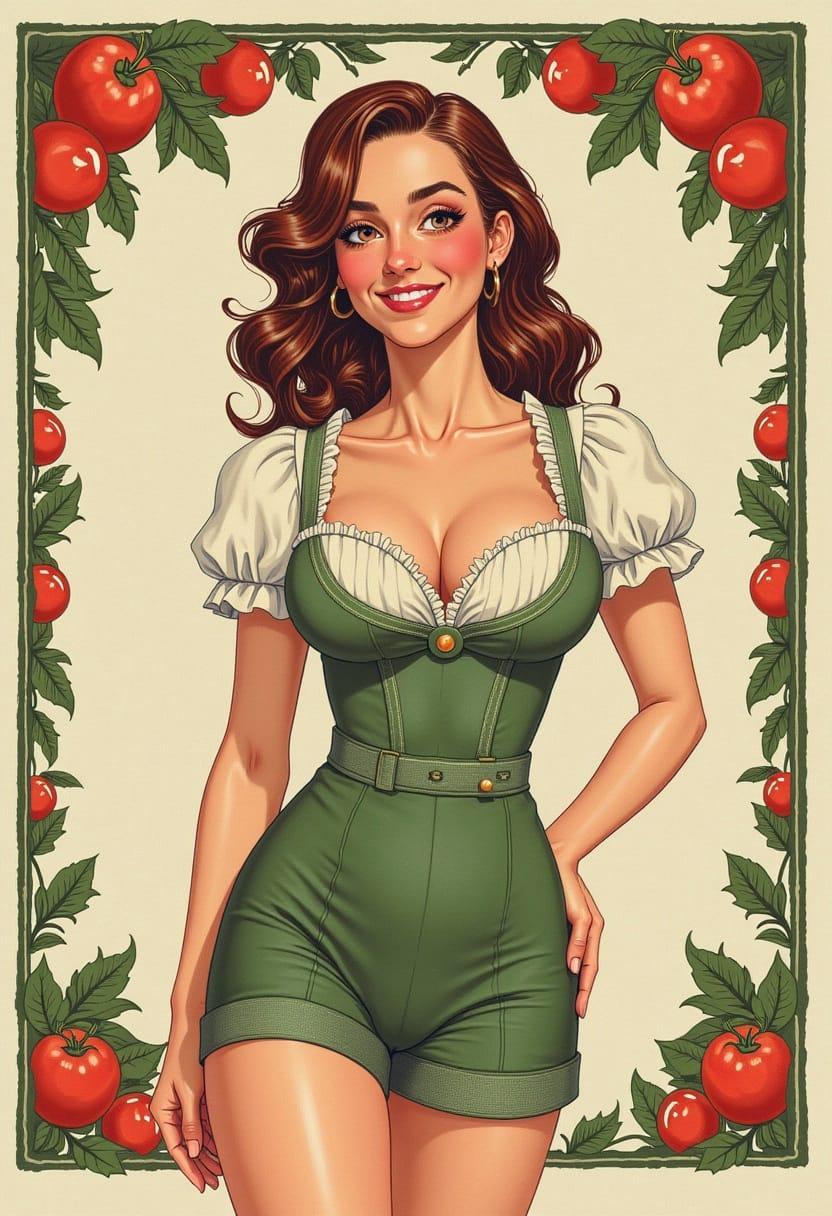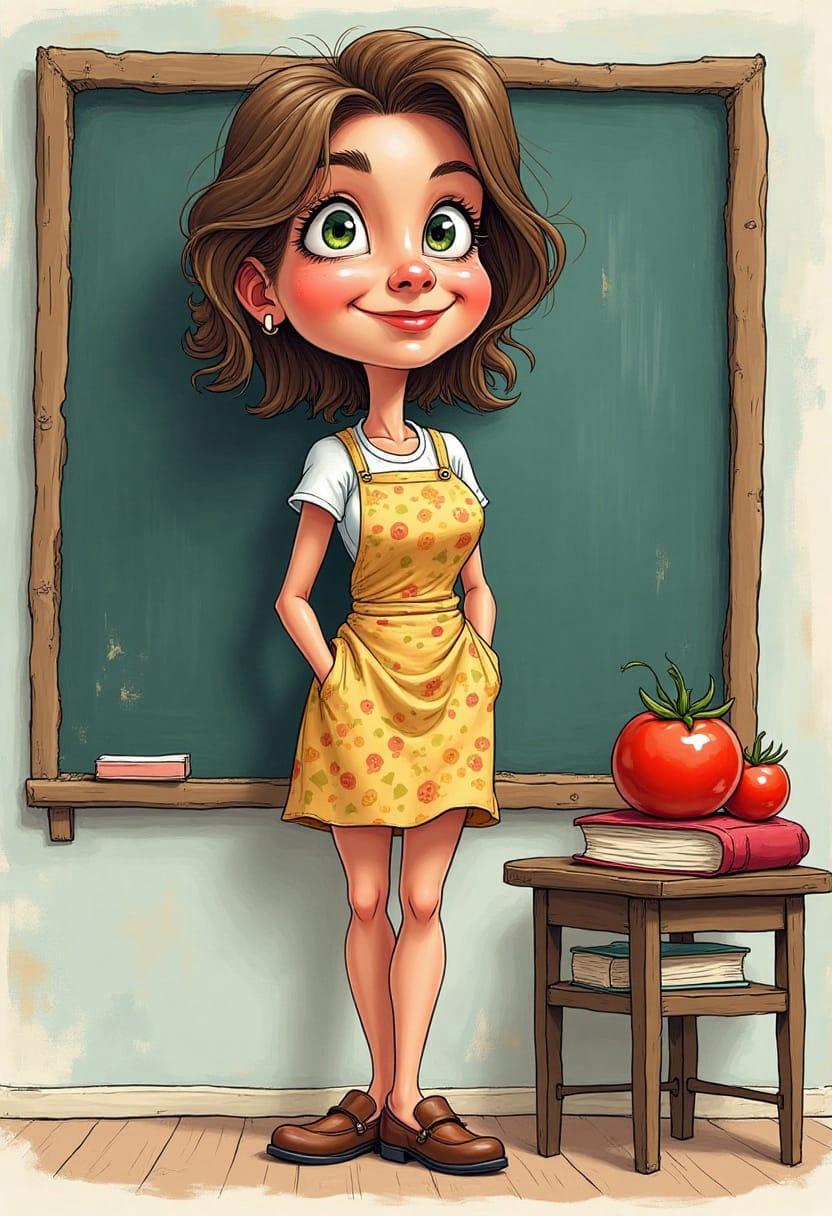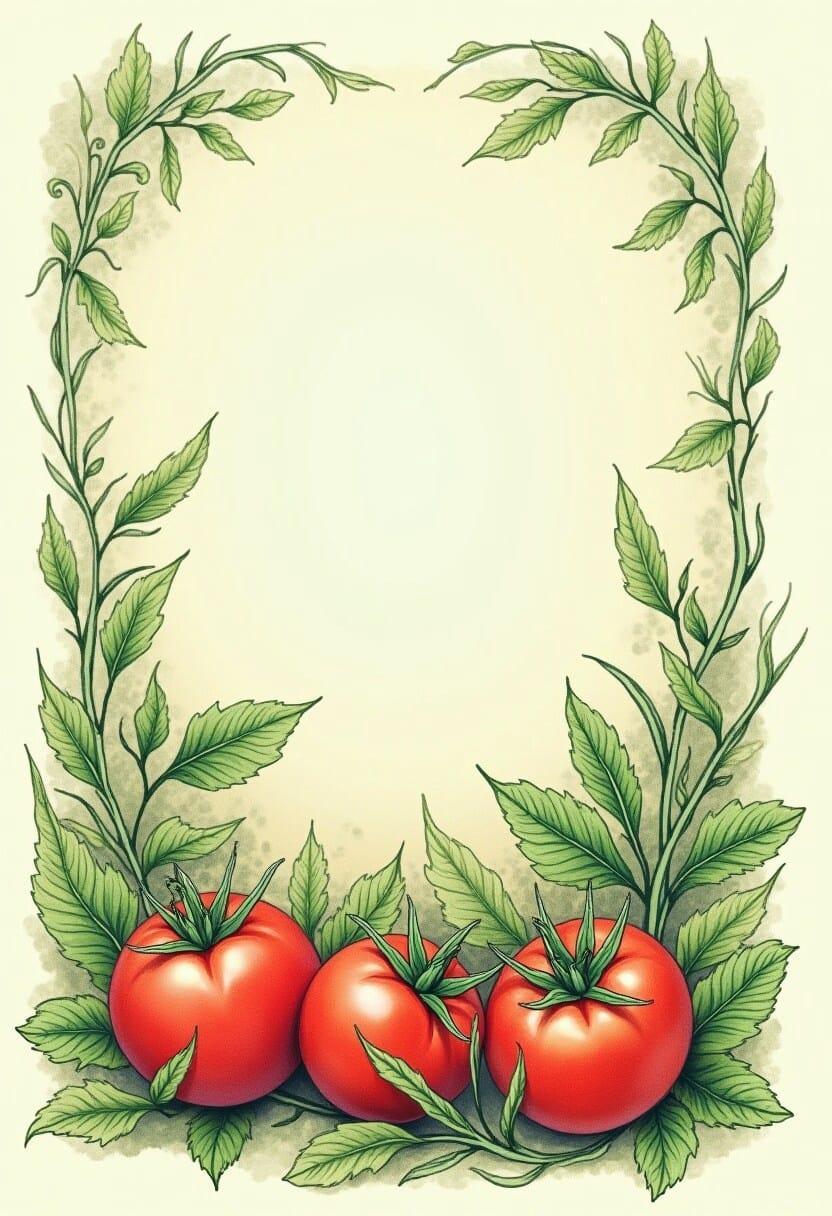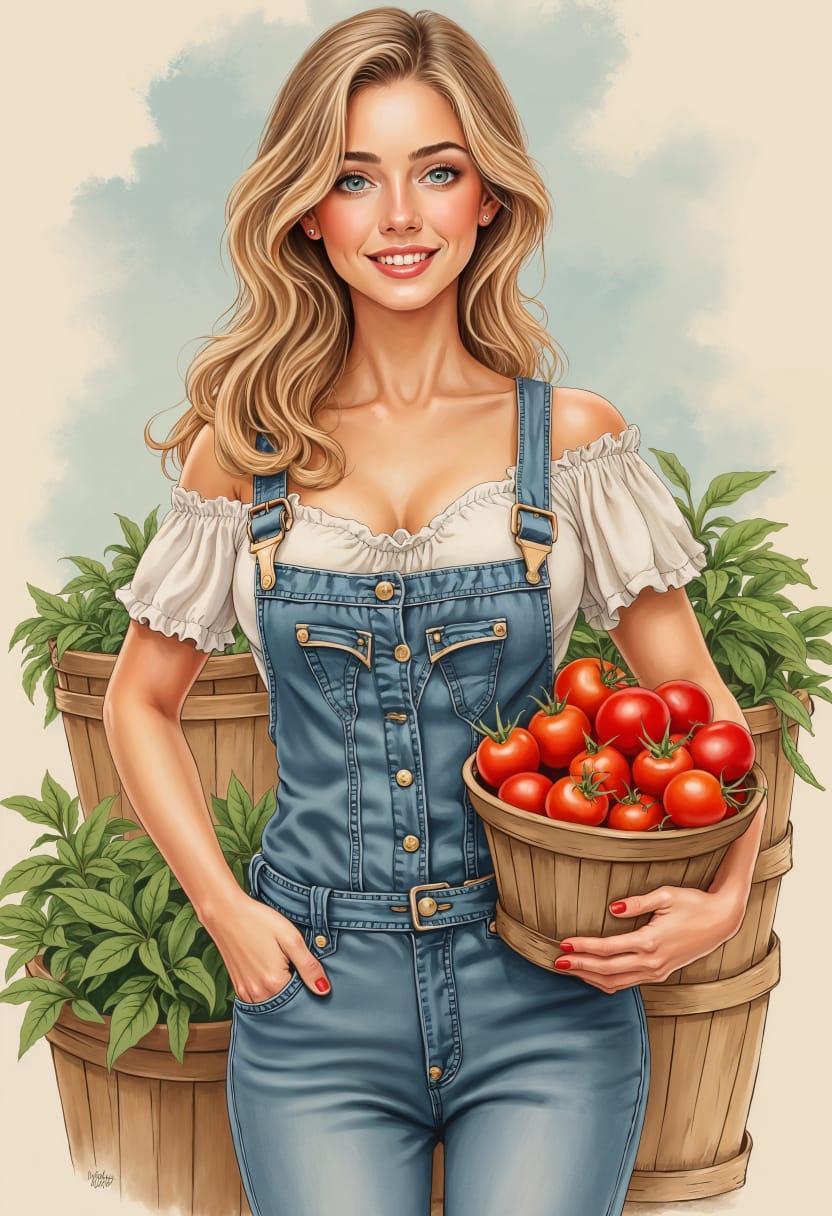Pictures Of Tomato Pests
- caricature /
- tomato picture /
- Pictures Of Tomato Pests

Tomato pests come in all shapes and sizes, making them interesting subjects for detailed drawings. A close-up picture of aphids shows their tiny, translucent bodies clustered like a green army. The jagged holes left by tomato hornworms add a dramatic effect to garden photos and paintings.

Spider mites on tomato leaves create a fine webbing that looks like delicate lace in macro shots. Tomato pests like whiteflies reflect light in a way that makes them look almost metallic in photos. Drawing the contrast between healthy leaves and pest-damaged ones tells a clear story.

Beetles on tomato plants come in bright colors—perfect for vibrant, eye-catching illustrations. In Pictures of Tomato Pests, capturing the shadows cast by bugs adds depth and realism. Photographing pests on dew-covered plants early in the morning gives a fresh, sparkling look.

Tomato psyllids are so small they can hide in plain sight—great for macro lens practice. The bright yellow eggs of tomato fruitworms stand out beautifully against green leaves in photos. Close-ups of pest damage patterns make great textures to use in mixed media artwork.

Tomato pests like thrips leave silvery streaks that catch light and create interesting highlights. Illustrating tomato pests in natural settings, like leaves and stems, helps show scale and environment. A Picture of Tomato Pests that includes predators like ladybugs adds a hopeful twist to the scene.

Some pests like cutworms are nocturnal, so capturing them means night photography with creative lighting. The fuzzy appearance of tomato hornworms makes them a fun challenge to paint with texture. Zooming in on bug antennae and legs in photos reveals tiny details most people miss.

Whiteflies swarm when disturbed, making dynamic and dramatic action shots for garden stories. Drawing a leaf curling under pest pressure conveys the stress plants endure in a simple way. A Picture of Tomato Pests with close-up focus on damaged fruit surfaces shows the hidden effects.

Aphids often hitchhike on tomato stems, making them easy to spot for quick sketching sessions. Some beetles have shiny shells that create reflections, adding light challenges to photography. Seeing spider mite webs sparkle in the sun makes for delicate, almost magical pictures.

Photographing pests with a shallow depth of field helps isolate them and keep backgrounds soft. Drawing pests alongside tomato blossoms captures the full cycle of plant life and threats. Using a macro lens to shoot pest eggs reveals hidden patterns and textures.

Tomato pests can cause leaves to yellow or curl—capturing these symptoms visually helps gardeners. A Picture of Tomato Pests with multiple species interacting shows the complexity of garden ecosystems. Painting the transition from healthy to infested leaves can tell a powerful visual story.

Some pests, like stink bugs, emit smells you can almost imagine when looking at their pictures. Tiny thrips can blur in photos, making artist sketches more reliable for detail study. Drawing a tomato stem with pest bite marks adds realistic imperfections to plant art.

Ladybugs eating aphids create dynamic predator-prey action shots perfect for storytelling. The translucent wings of whiteflies catch the light in fascinating ways in close-up photos. A Picture of Tomato Pests showing nighttime activity requires clever light sources and angles.

Macro photography of pest eggs clustered on undersides of leaves reveals geometric beauty. The bright green of tomato leaves contrasts well with many pests’ colors in both art and photos. Capturing the slimy trail of some pests can add a surprising texture to drawings.

Some tomato pests, like caterpillars, change color as they grow—documenting this is great for time-lapse art. Illustrating pest damage alongside healthy fruit provides a clear before-and-after effect. Photos of pests with water droplets make the bugs look fresh and lively.

Tomato hornworms have tiny white cocoons of parasitic wasps—a fascinating detail to include in pictures. Drawing the curling of tomato leaves caused by pests can make a subtle but effective visual impact. Using natural sunlight for pest photography brings out the true colors of both bugs and plants.

Some pests hide in the soil near tomato roots—showing underground scenes adds a new dimension to garden art. A Picture of Tomato Pests that includes common predators encourages natural pest control awareness. Zooming in on pest legs and mouthparts can turn a scary bug into an intriguing subject.

Capturing the shine on a tomato beetle’s shell requires attention to light direction in photos. Drawing the tiny hairs on tomato pests’ bodies makes your art more lifelike and textured. Photograph pests mid-movement to add life and action to still garden images.

Pest damage can create patterns of spots or streaks—use these as inspiration for abstract art. Close-ups of damaged tomato fruit show scars that tell stories of survival and struggle. A Picture of Tomato Pests with blurred backgrounds keeps the focus sharp on the insect details.

Some pests have camouflage that mimics tomato leaves, making them tricky but fun to find and draw. Illustrating tomato pests with their natural predators highlights the balance of nature. Use soft shadows in pest photography to emphasize shapes without harsh contrast.

Photograph or paint tomato pests at different growth stages to show their life cycle visually. Highlight the contrast between bright red tomatoes and green pests for striking color pops. A Picture of Tomato Pests can educate and inspire awareness while showing nature’s complexity.
